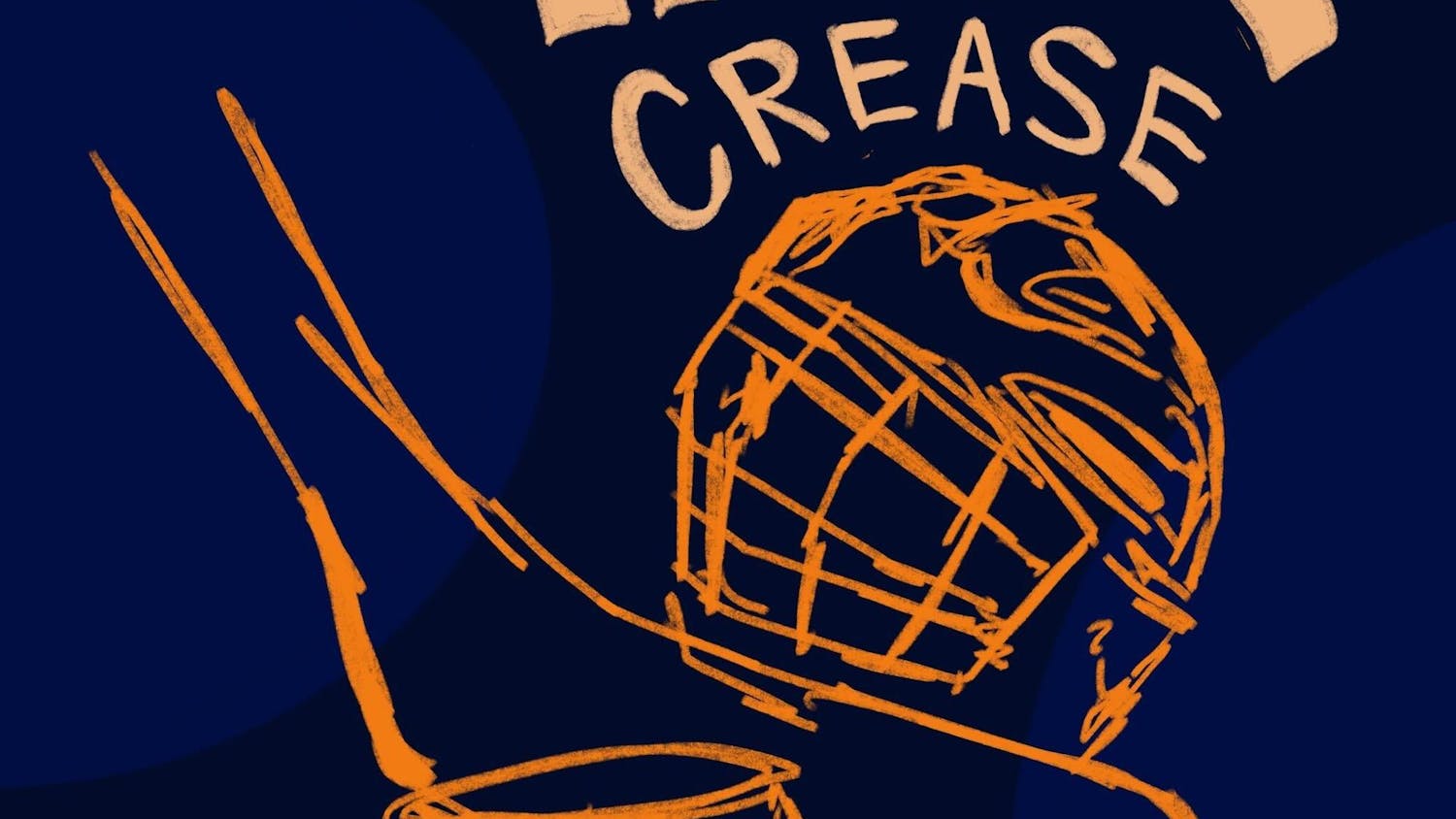With all of his successes over the last two seasons, it’s easy to forget some of the criticism that Pep Guardiola faced during the Spaniard’s first season in charge in England. In almost his first move, Guardiola opted to sign Barcelona goalkeeper Claudio Bravo to replace one of City’s fan favorites — and longest-tenured player at the time — Joe Hart. Pep made the move because Hart, a renowned shot-stopper, was markedly poor with the ball at his feet. At the time, it seemed a little unnecessary since goalies didn’t receive the ball that often at their feet, but Guardiola wanted his City side to play out of the back and retain possession, and having a keeper competent with his feet was of the utmost importance to that system.
Now, after his squad has won two consecutive Premier League titles, nearly all 20 sides play a similar passing style. In fact, it’s a trend similar to what happened with Stephen Curry and the Golden State Warriors in the NBA. When Steve Kerr was appointed head coach back in 2014, he took the shackles off Curry and allowed him to shoot more threes. After seeing Curry’s incredible success, all the other teams in the league have combined to increase their three-point shooting rate as well.
This season in the Premier League, even the smaller, newly promoted teams have started to play an open passing style against the big clubs. The 2019–20 season kicked off last month with Norwich (in its first match back in the Premier League) against Liverpool. In years past, smaller teams like Norwich would have sat back and tried to hold out for a draw or hope for a goal off a long ball. But despite the clear gulf in class, Norwich played with the same attacking style that saw them win the second division last year. It made for an entertaining game, but the Canaries fell 4–1.
While the games may seem more captivating, are “weaker” teams helping their chance of winning by trying to play the same way as the bigger ones? When two teams are playing the same system and one has better players, it’s near impossible for the lesser side to come away with any points. It’s the same reason why, even with everyone taking more threes, the Warriors still managed to reach five consecutive finals.
Take José Mourinho’s Inter Milan team, who faced Barcelona in 2009–10 in the Champions League semifinal right as the Spanish side were at the peak of their powers. Mourinho knew that Barcelona would have beaten his talented team if they played their normal style: “We didn’t want the ball because when Barcelona [presses] and win the ball back, we would lose our position,” he said. Instead, Mourinho instructed his side to sit back, absorb pressure and catch Barcelona on the break. It worked, and Inter advanced to the finals.
Winning against the big sides isn’t always pretty, and while it’s admirable that the smaller teams in the Premier League are sticking true to their philosophies, at some point they might have to adapt if they wish to stay in the league for years to come.
More from The Tufts Daily
Merseyside welcomes Federico Chiesa
By
Bharat Singh
| September 19
In the Crease: The NHL season is almost upon us
By
Zachary Gerson
| September 19





